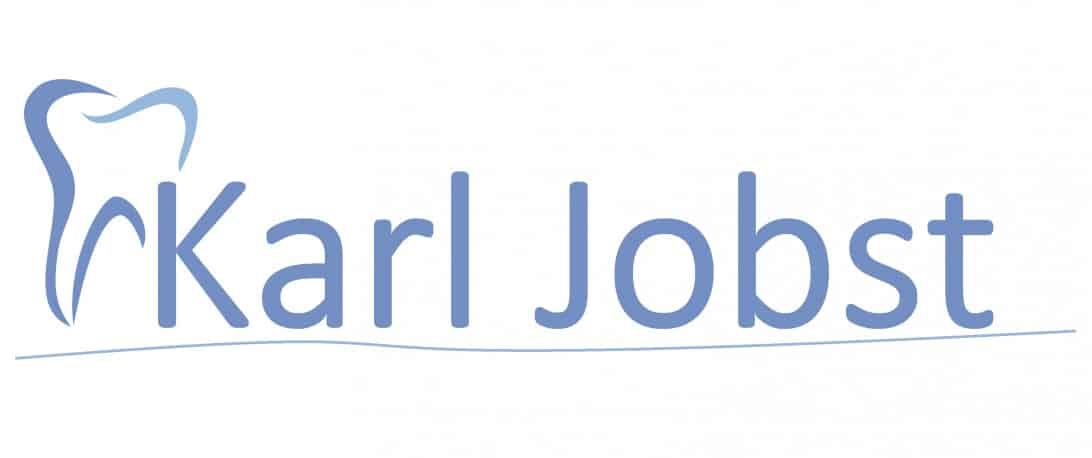The Commonwealth Fund found that over 79 million Americans are struggling to pay medical bills and medical debt. There is 41 percent of working-age Americans who either have problems with medical bills or are trying to pay off medical debt. According to Nerdwallet, over half of the personal bankruptcies in the U.S., today are due to medical debt.
At Punch Associates, a firm that specializes in providing solutions to borrowers in heavy debt, we often are asked if one should pay their medical debts with a credit card. The short answer is to only pay with a credit card if you can pay off the balance within the billing period. The issues facing consumers that are not able to pay their medical bills in less than 30 days are more complex. This article will discuss those issues and explain why not to use plastic when you cannot pay a medical bill in full.
Why Not Use Your Credit Card?
According to Lexington Law, if you use your credit card to pay for a medical bill, and you will need to pay it off for a while, you are going to have more trouble paying off the debt because most credit cards have double-digit interest rates. Even taking on a higher balance on your credit card will adversely impact your credit score. Also, if you default on the credit card, it will impact your credit score. On the other hand, if you do some steps to work with the medical provider, your interest rate could be either zero or low, and you may be able to get them to reduce the fee.
Steps to Take With Medical Debt
If you have a medical bill that you cannot pay in one credit card billing cycle, the following are some tips:
Get your insurance to pay their share: It is your responsibility to get your insurer to pay for their portion of your medical debt if they have not already.
Pro-actively call the billing department: Nerdwallet advises that billing departments of medical facilities will only hold onto debt for so long before they send the unpaid bill to collections. Once the collectors have it, you will more likely see it come up on your credit score. As long as the debt remains with the medical billing department, it will likely not affect your credit.
Question charges: Nerdwallet suggests that medical debt may have inaccuracies. Maybe you were charged for a procedure that you never received, or you were over-charged.
Ask for a lower fee: It does not hurt to ask for a lower bill because you may very well get your fee reduced. Nerdwallet advises that a lot of medical providers are willing to provide payment schedules to meet your income level. If you are indigent, they may wave the bill entirely. This will not affect your credit score.
Ask to make payments: If you can get the billing department to agree to allow you to make payments, those payments will often not carry any interest. That is the diametric opposite of the situation you would have been in had you paid the bill with your credit card.
Ask if they have a medical debt card: Some hospitals have a medical debt card in lieu of allowing you to make interest-free payments. You will need to find out about the interest rate charges. Often, there is a period of up to two years where the payments can be made interest-free.
Consider debt consolidation or a zero-interest, balance transfer credit card: If none of the other strategies work, you may qualify for a personal loan at a reasonably low-interest rate that would allow you to pay off the debt in three to seven years or less. If you can pay off the balance in a year or so, you could get a zero-interest, balance transfer card. The risk with the latter option is in something unforeseen happening where you end up not being able to pay the debt. Then, the interest rate will likely skyrocket, leaving you in the same shape you would have been in had you paid the debt with your credit card in the first place.
As you can see, there is a bit more latitude in working with the billing department when you have medical debt. Try those avenues first. At Punch Associates, we also have solutions for people struggling under high debt loads. Contact us today with any questions you may have

